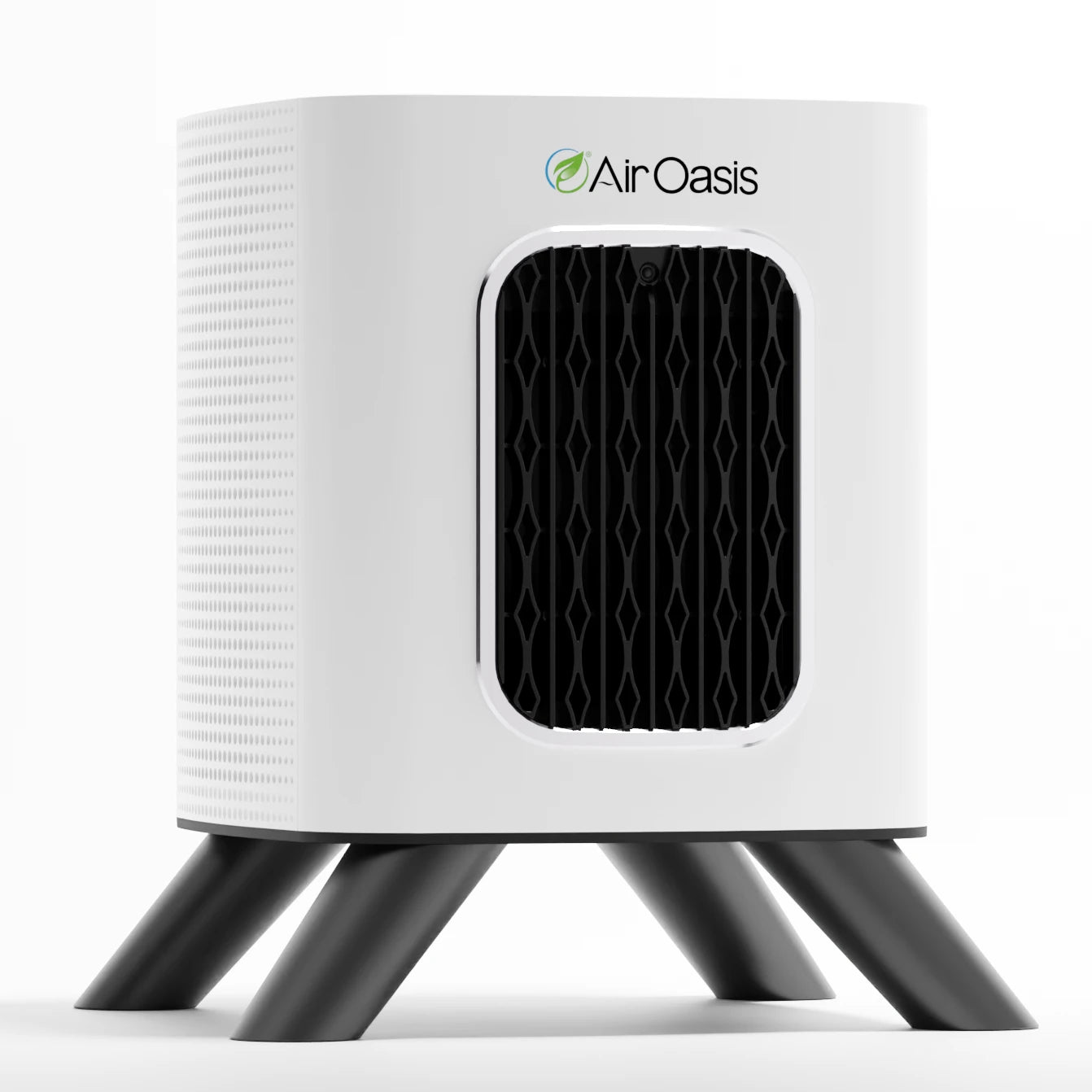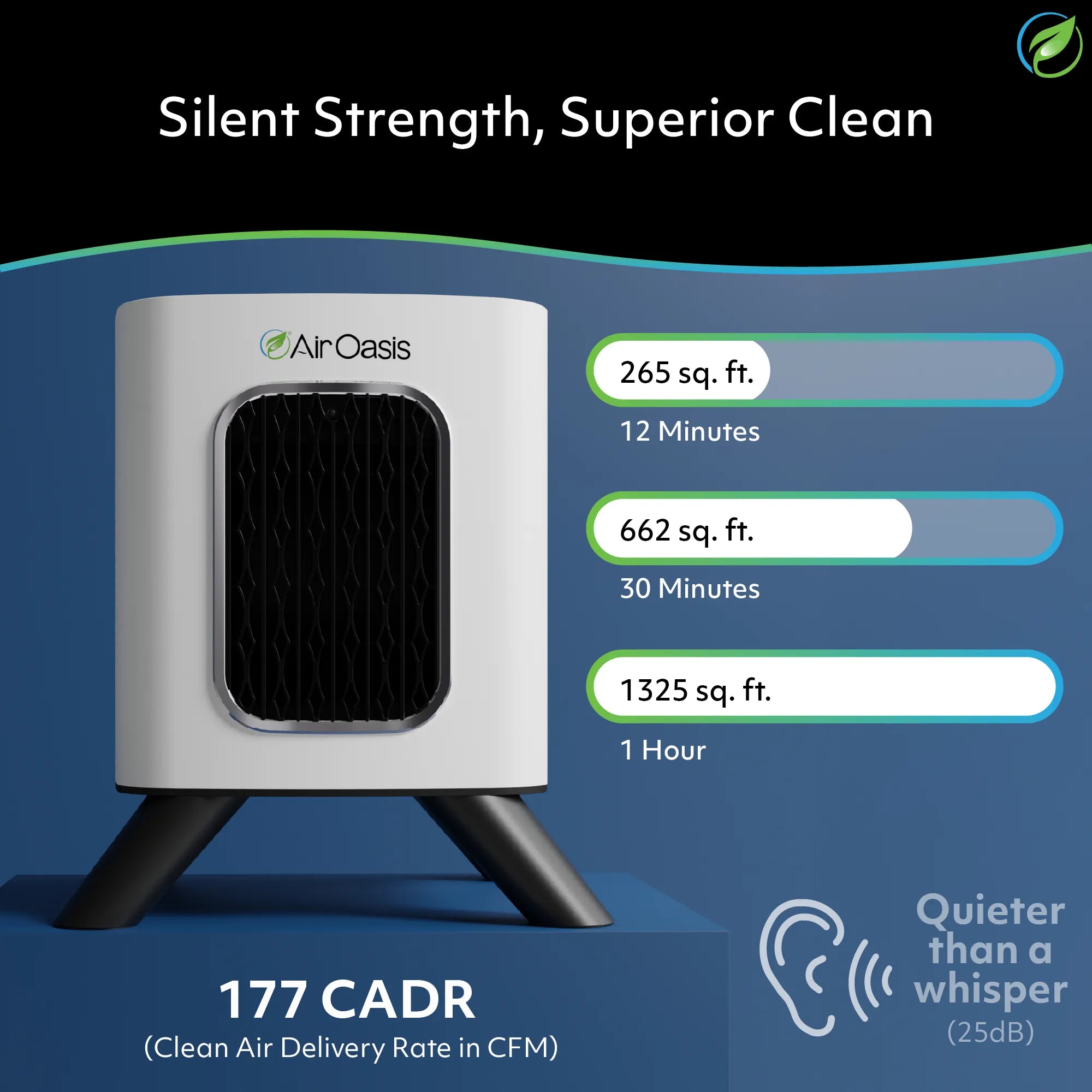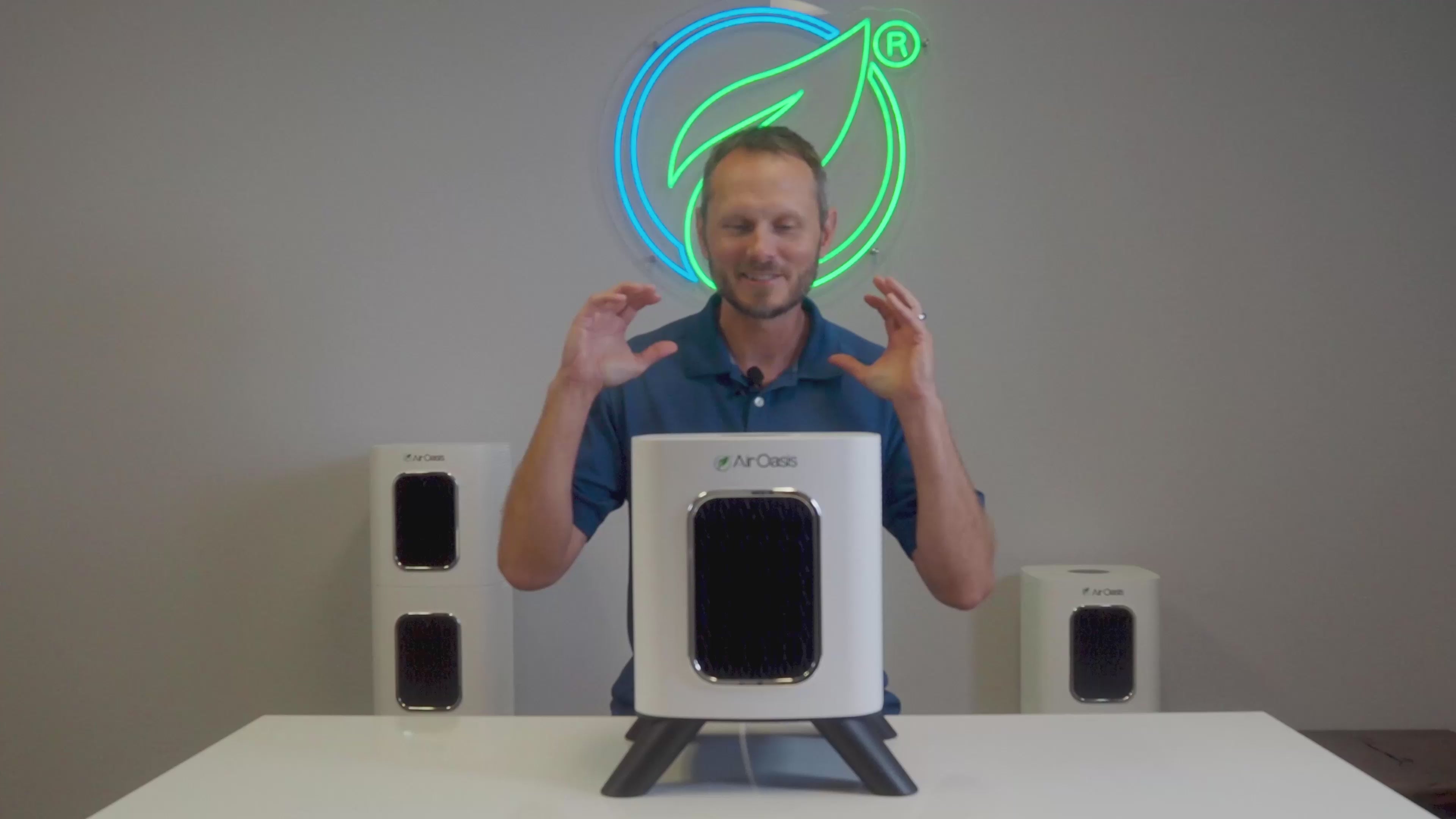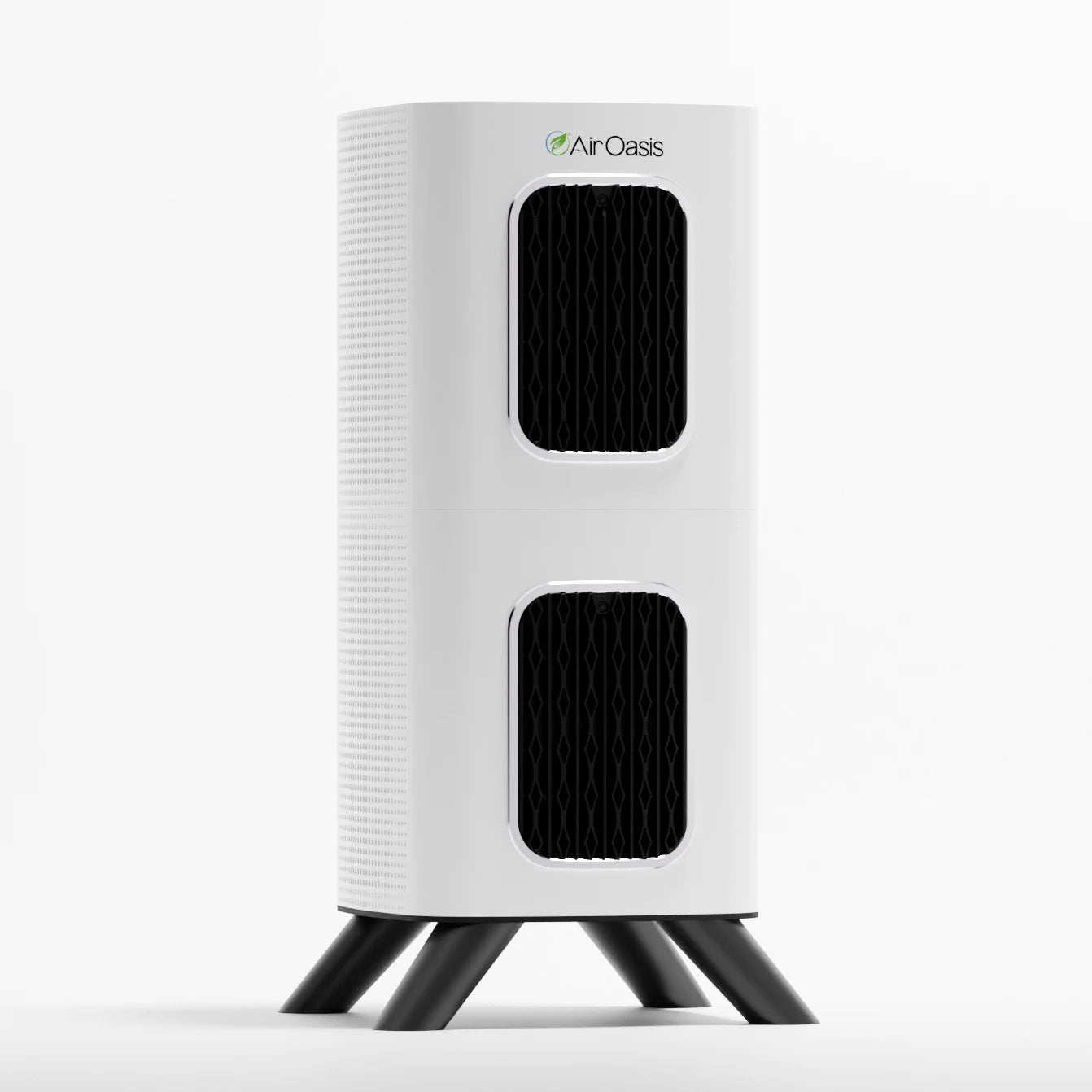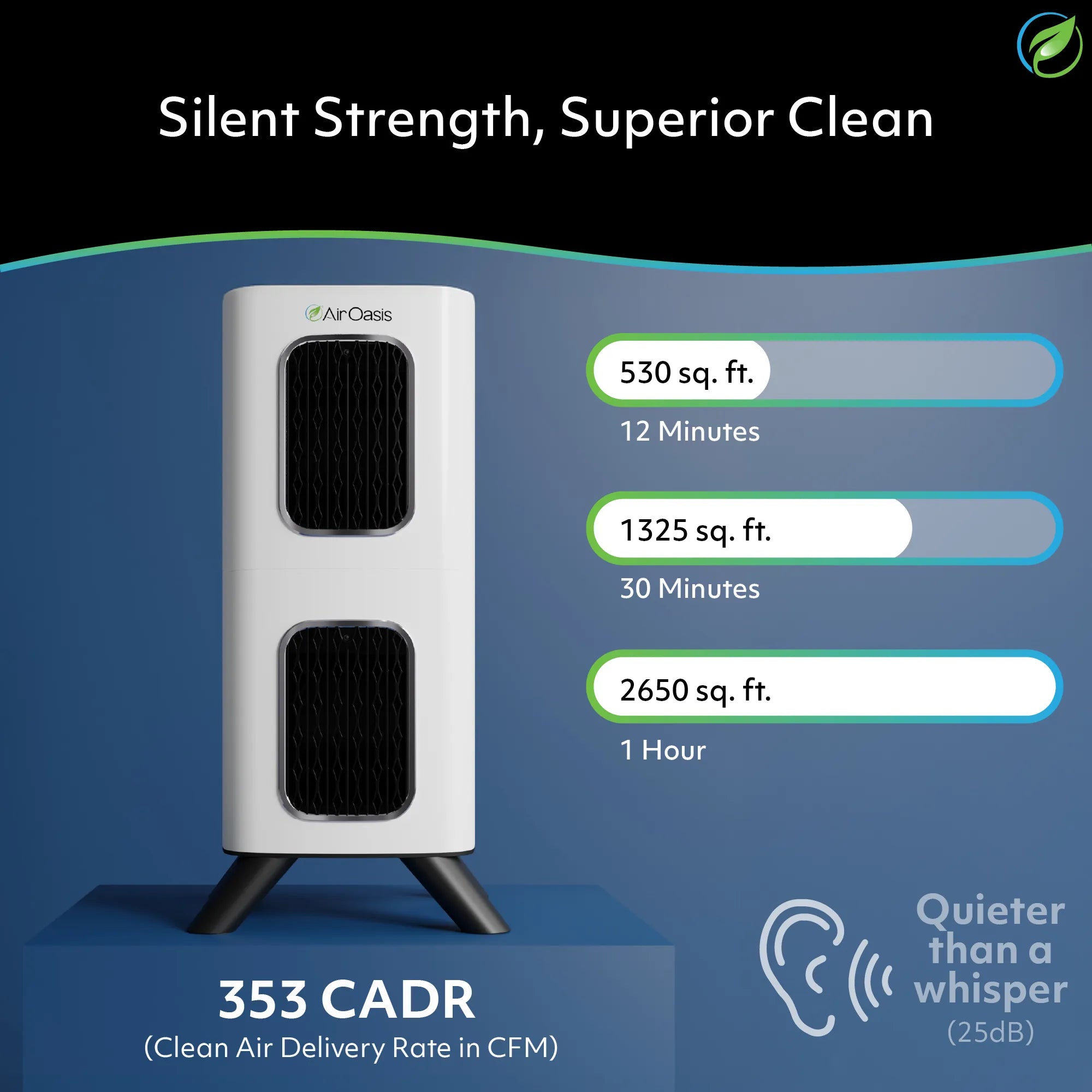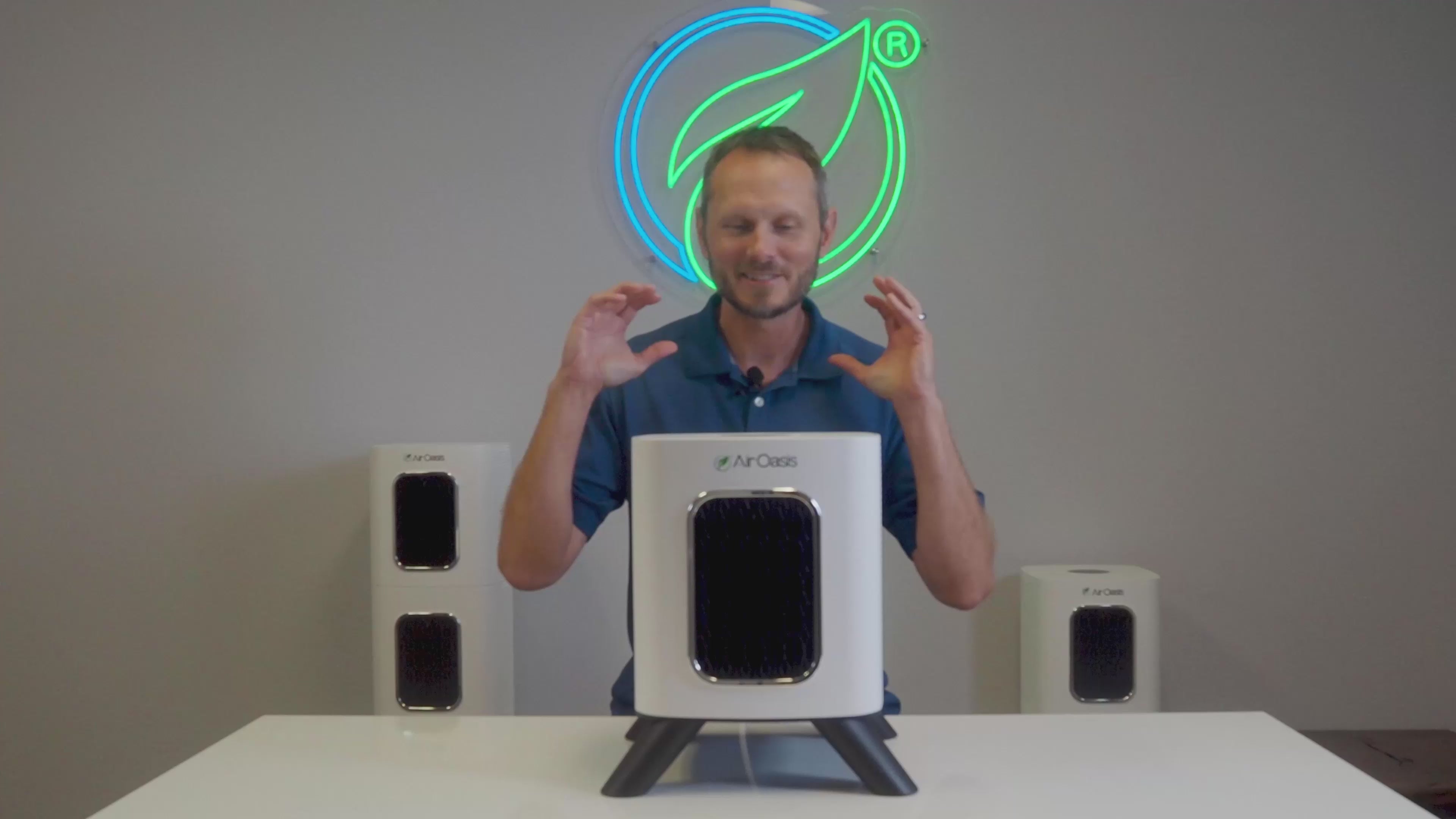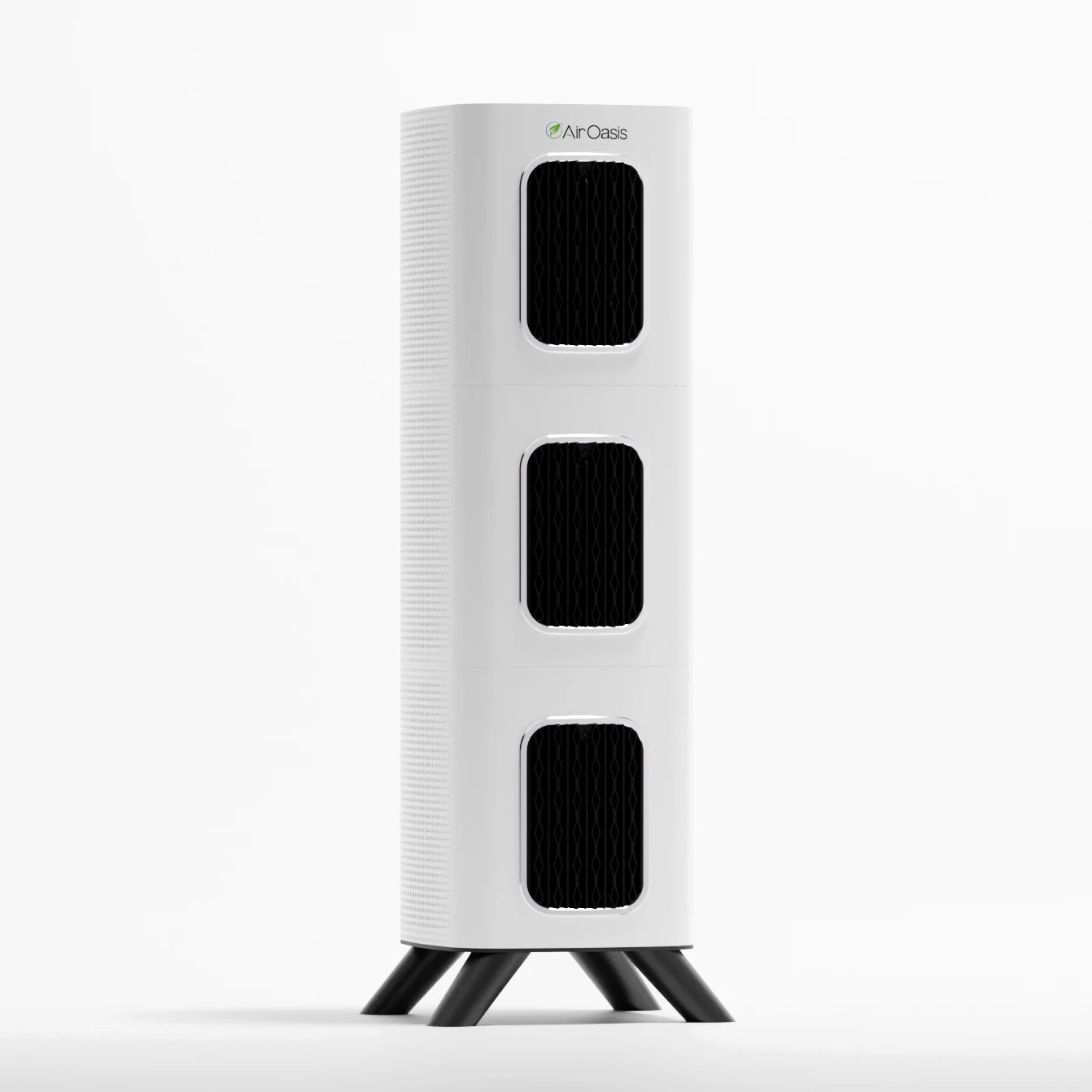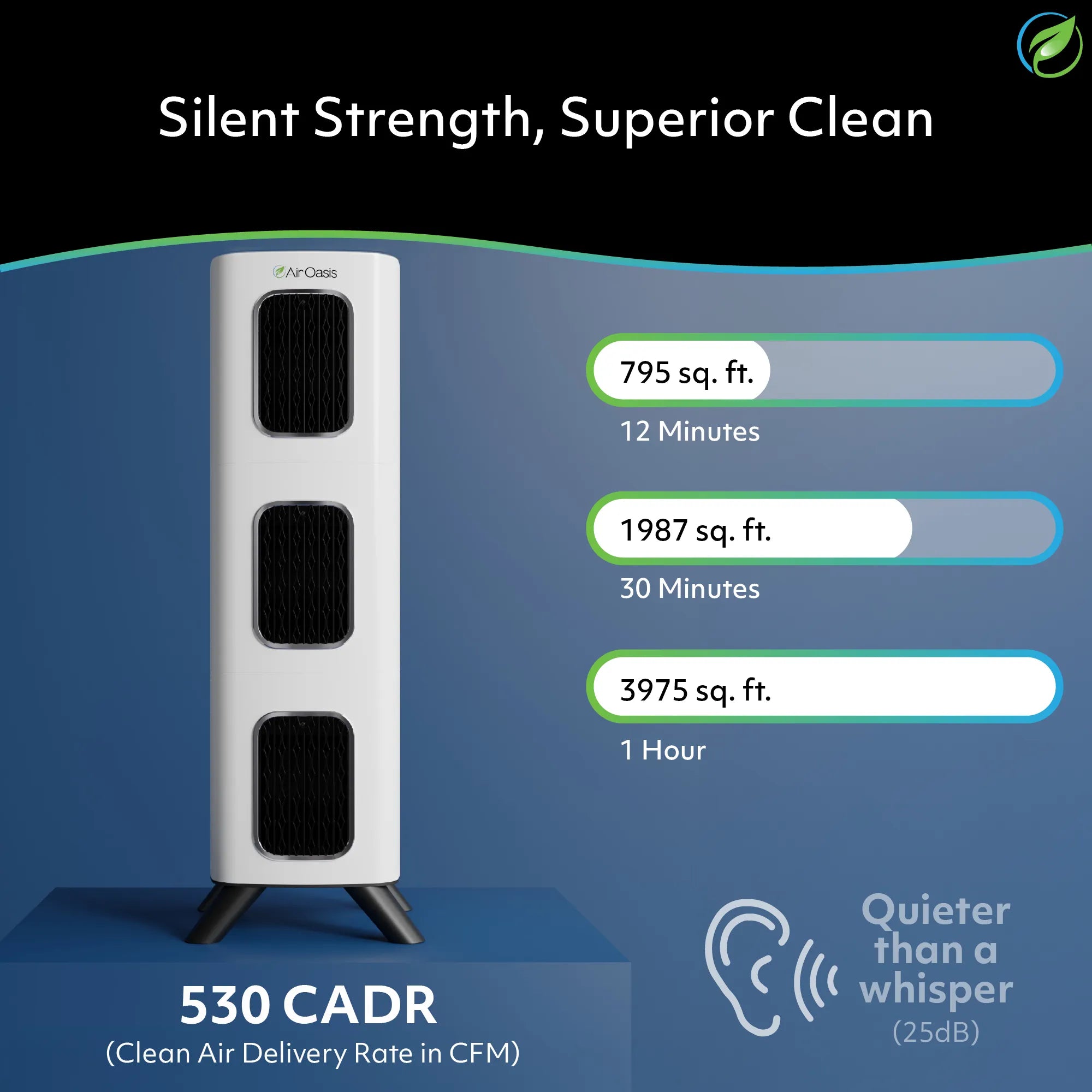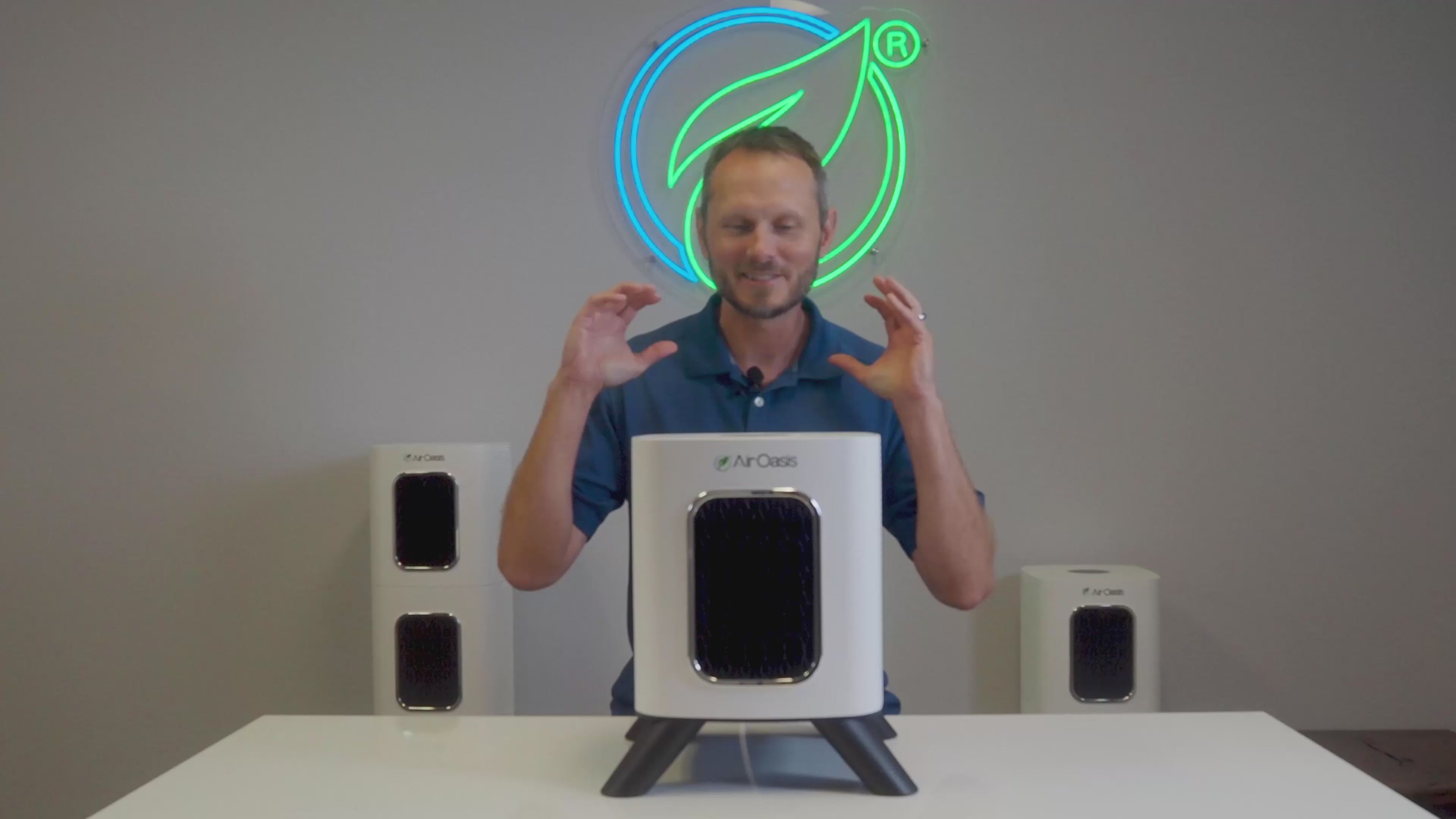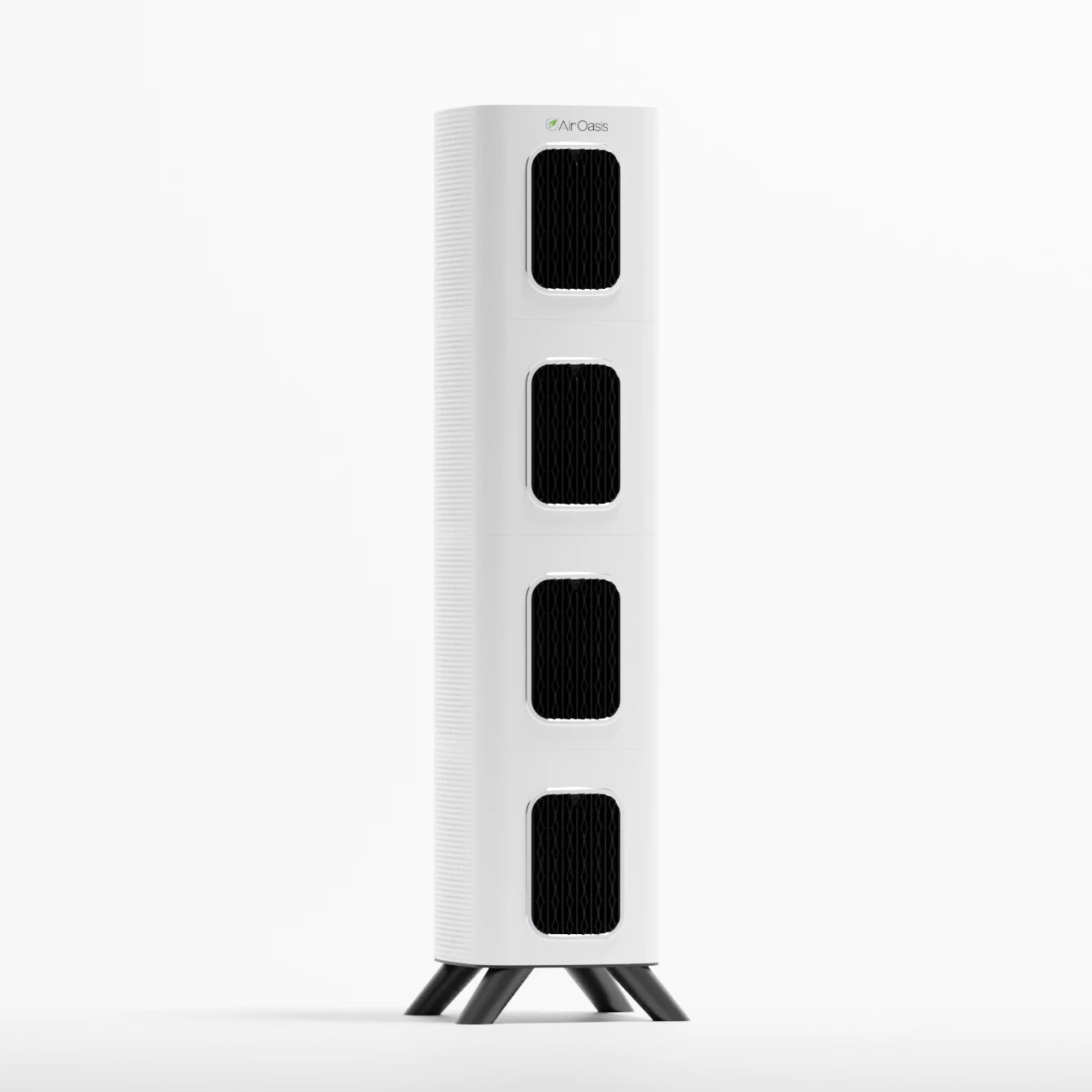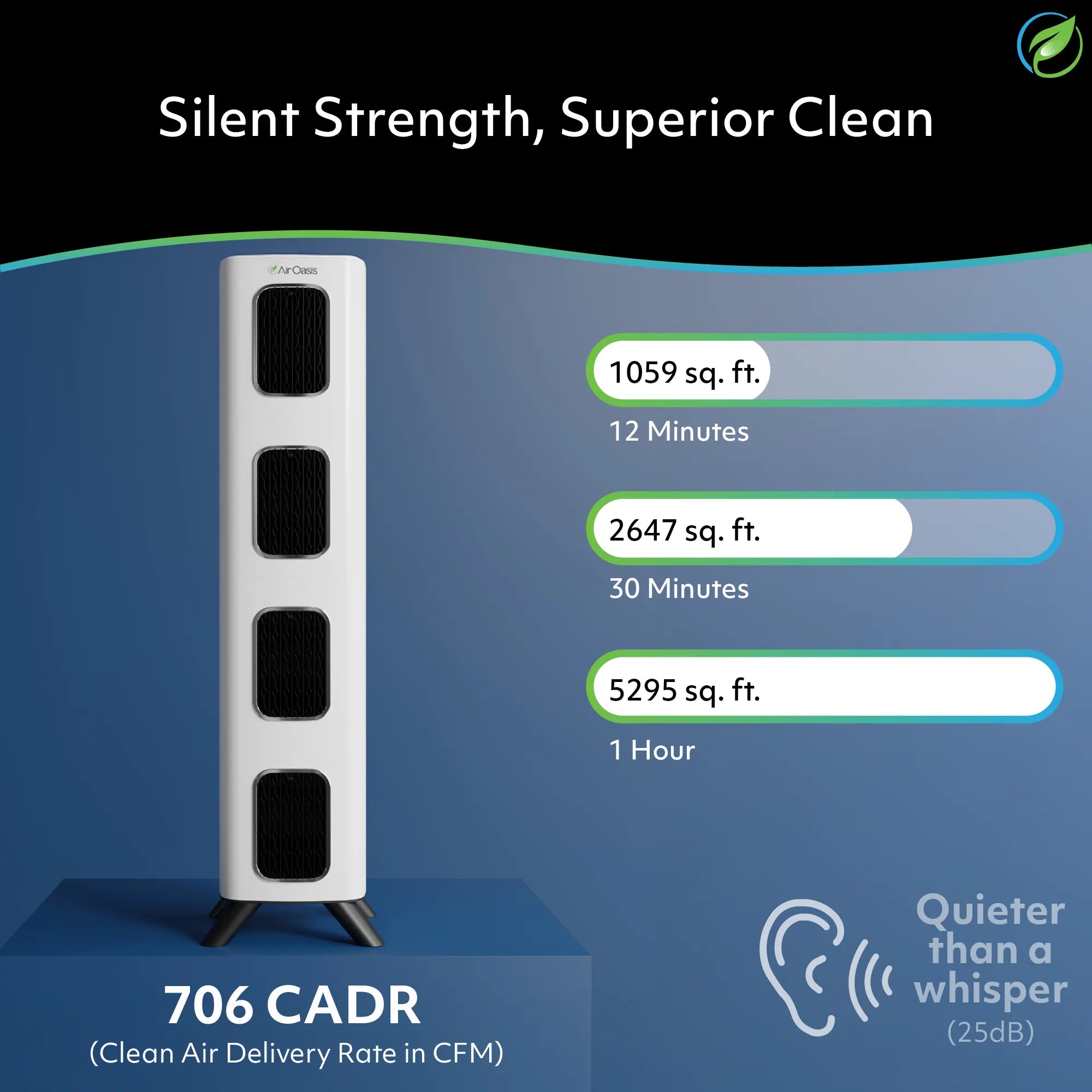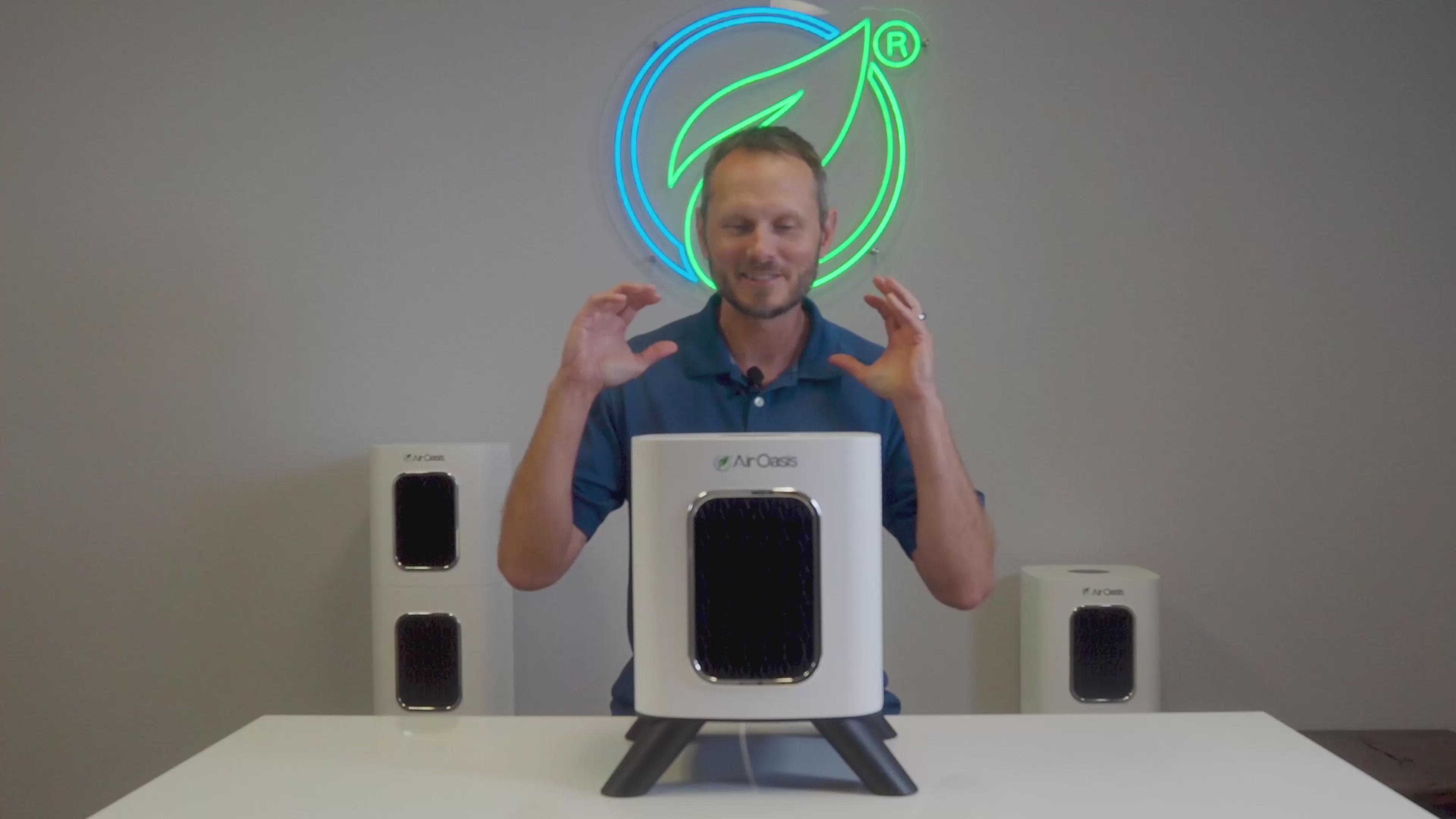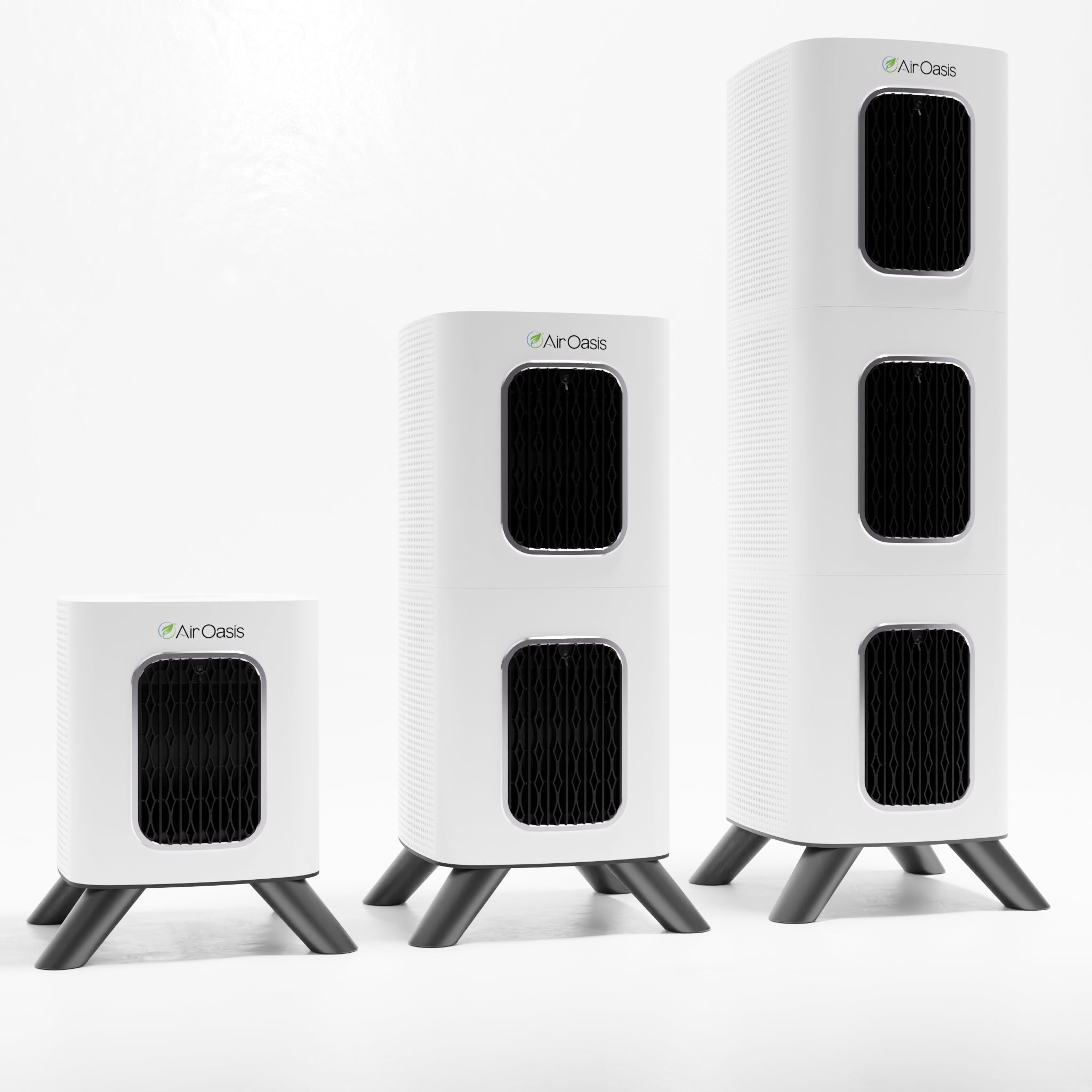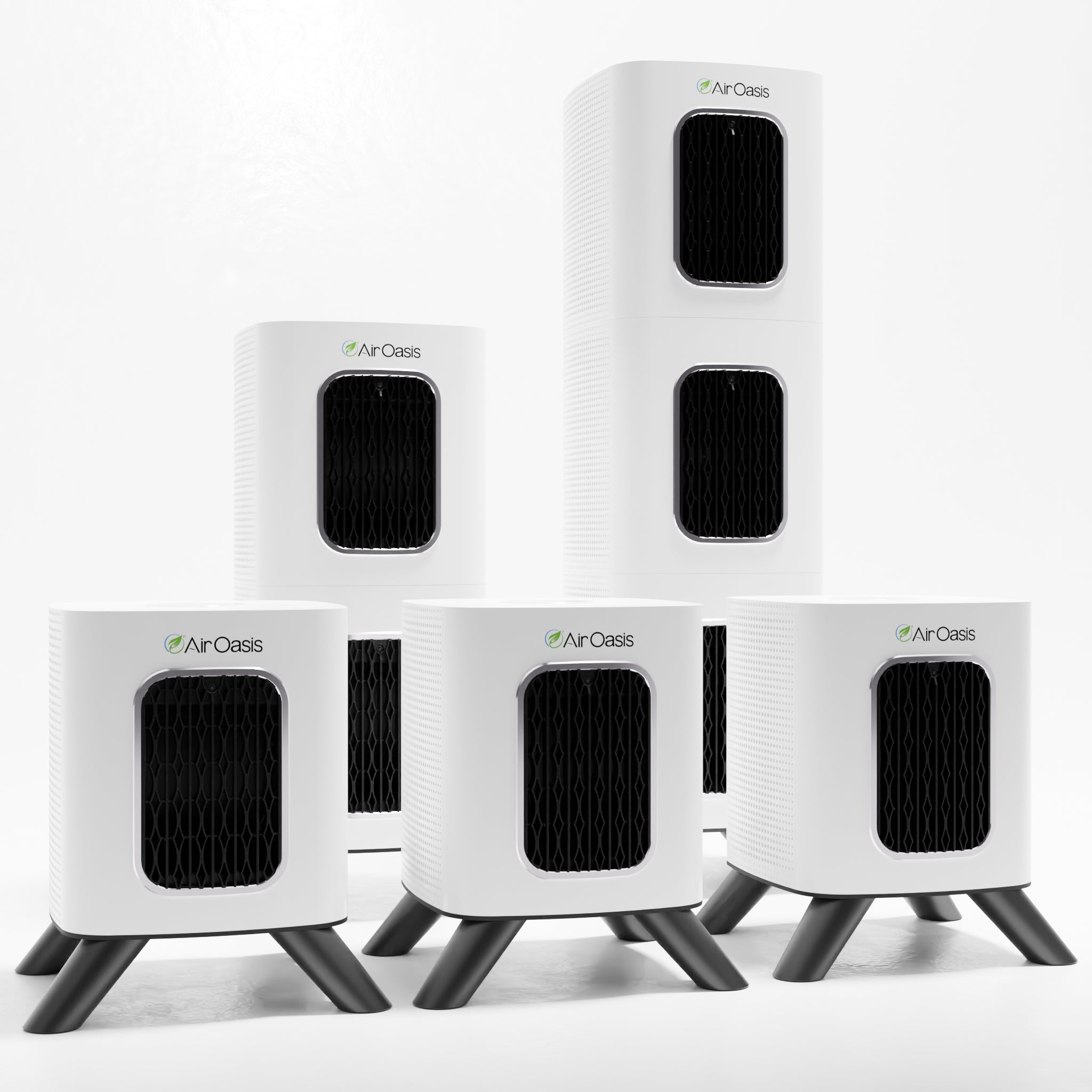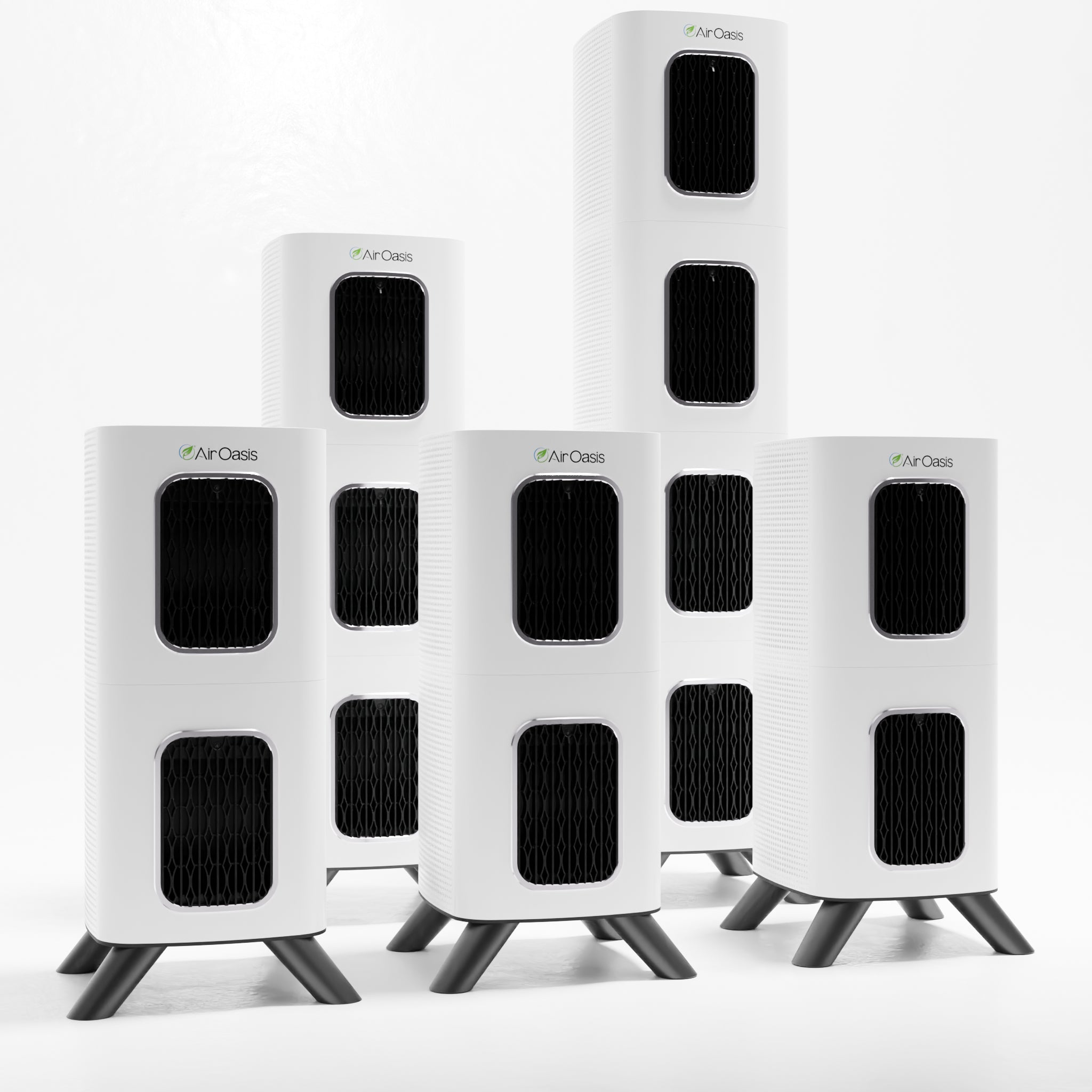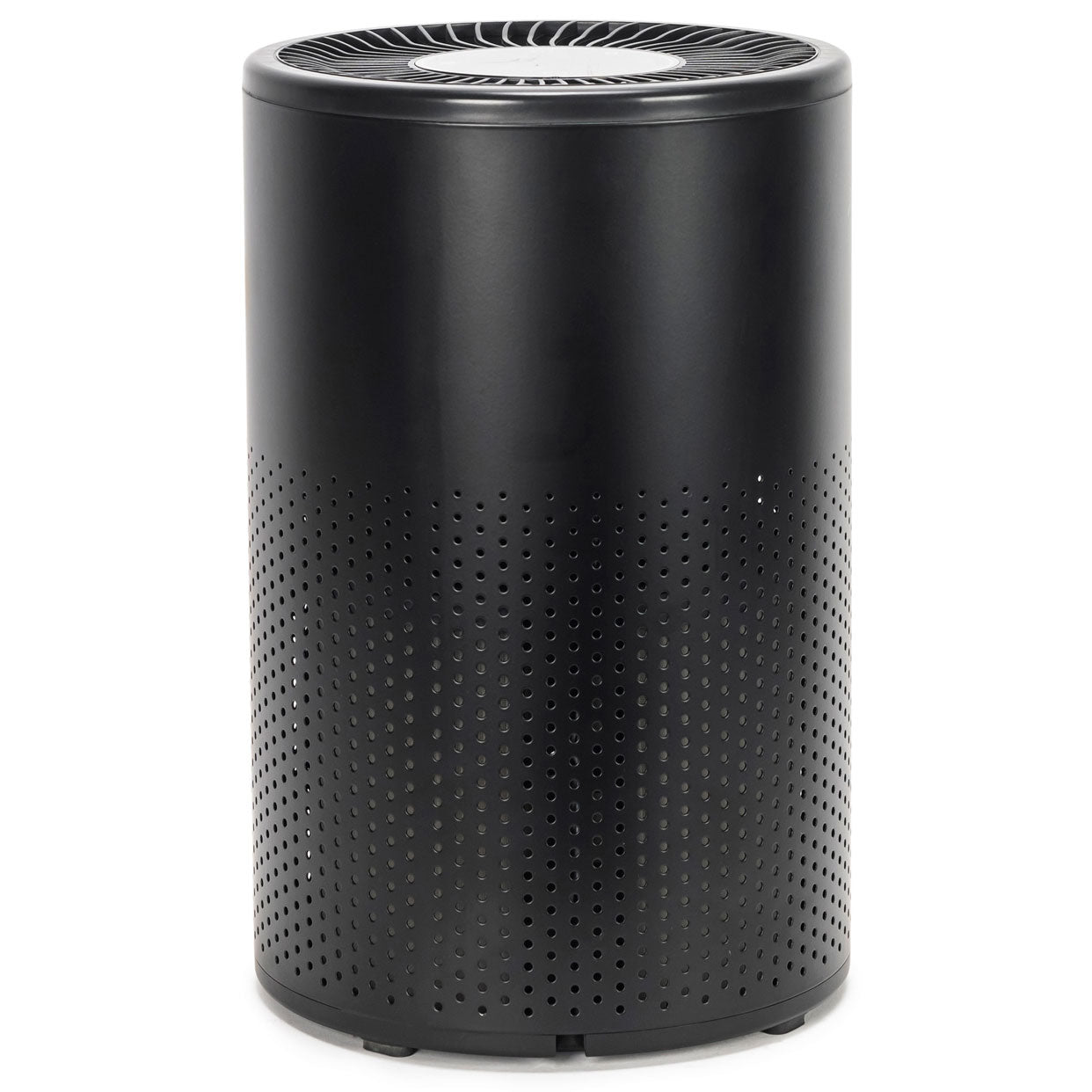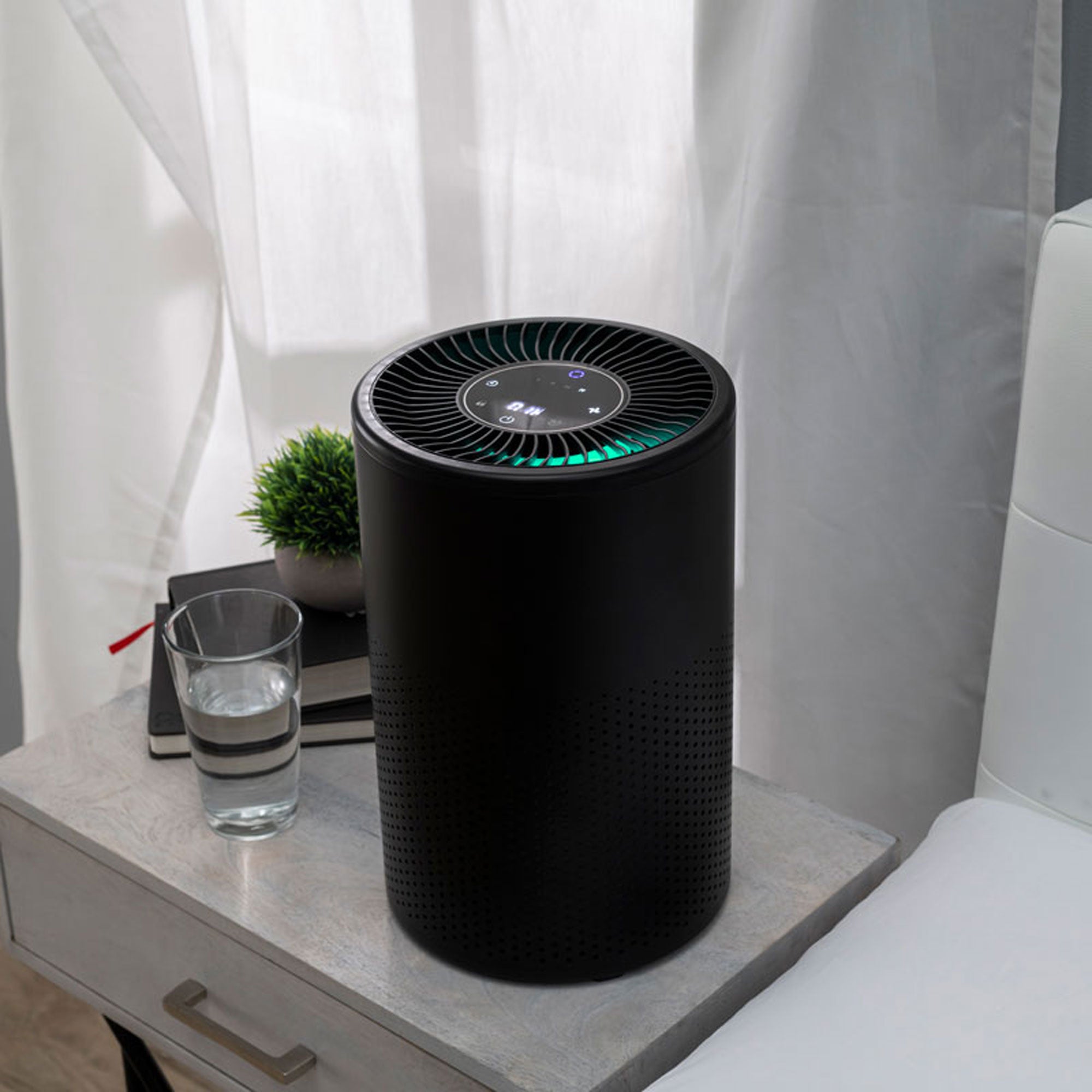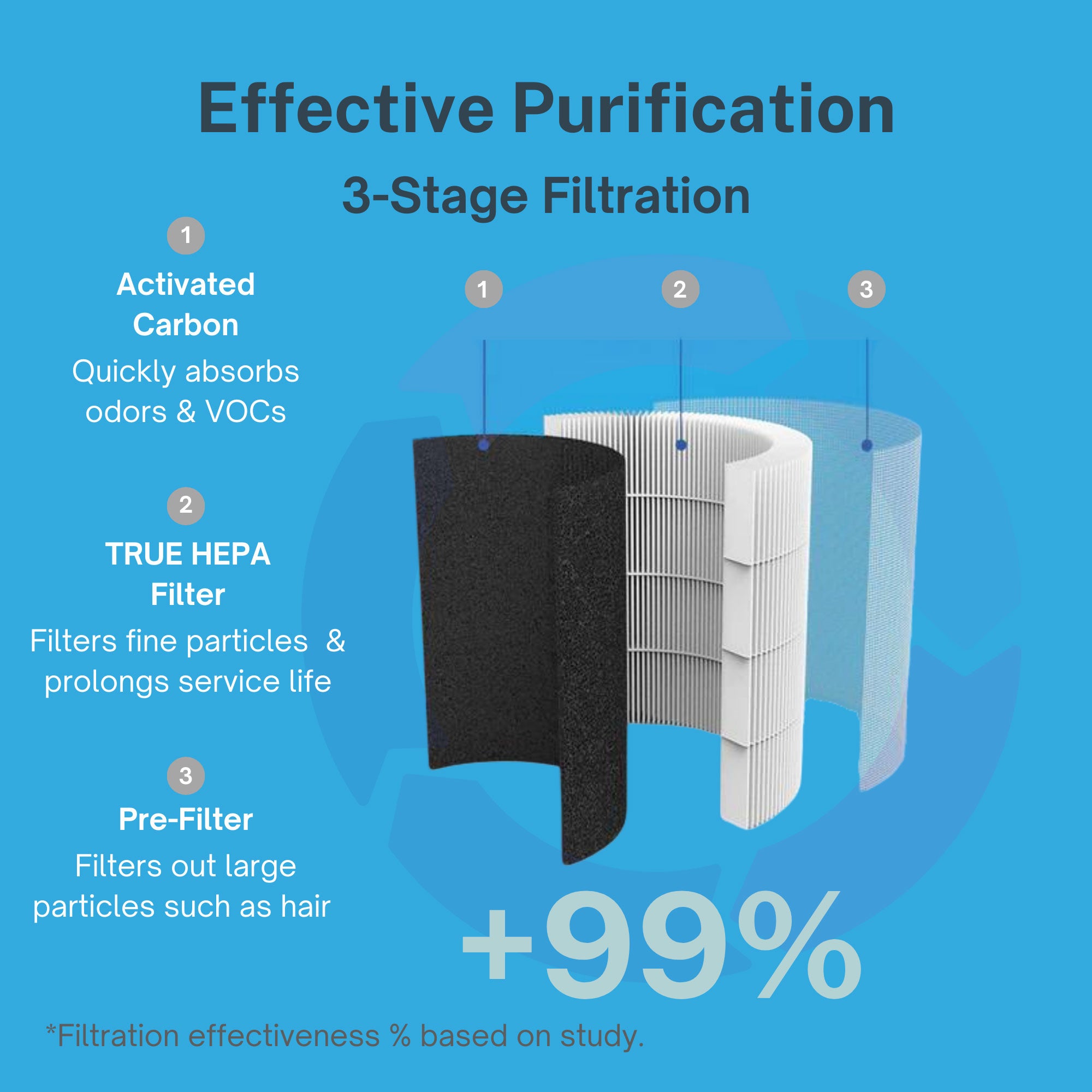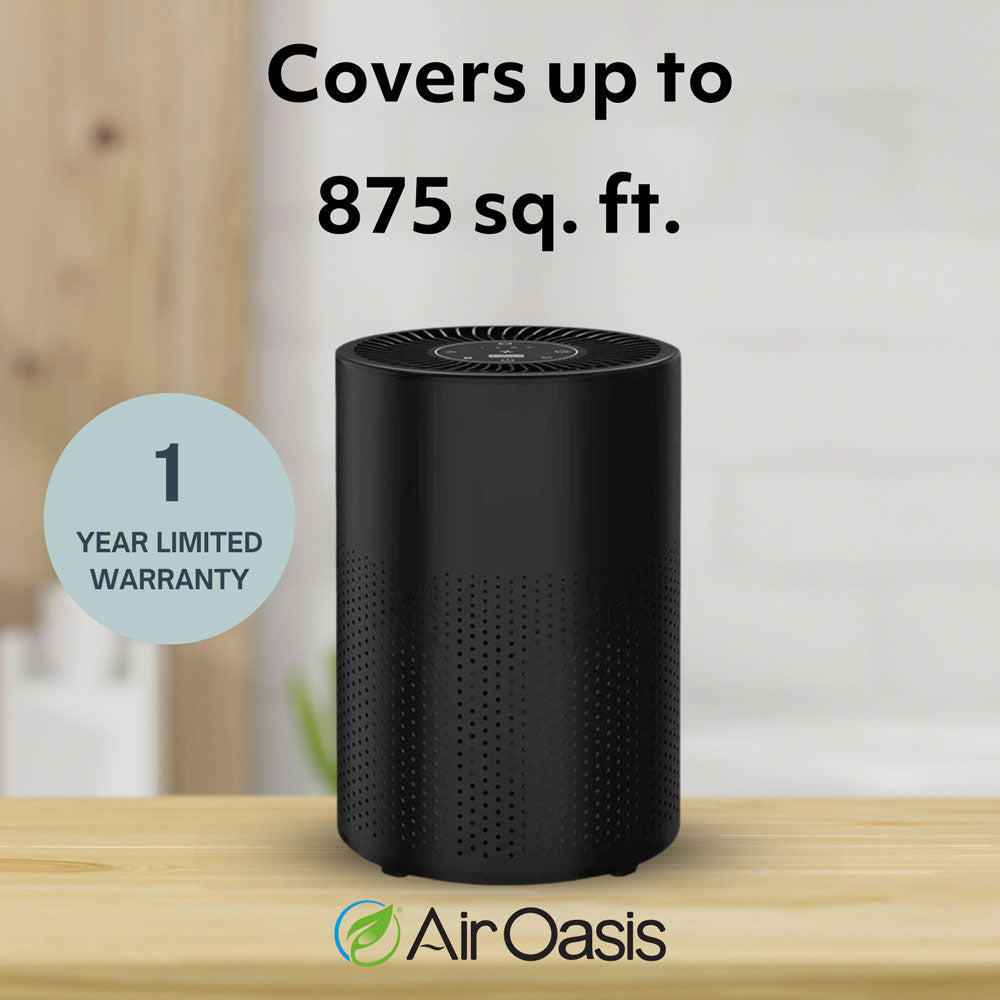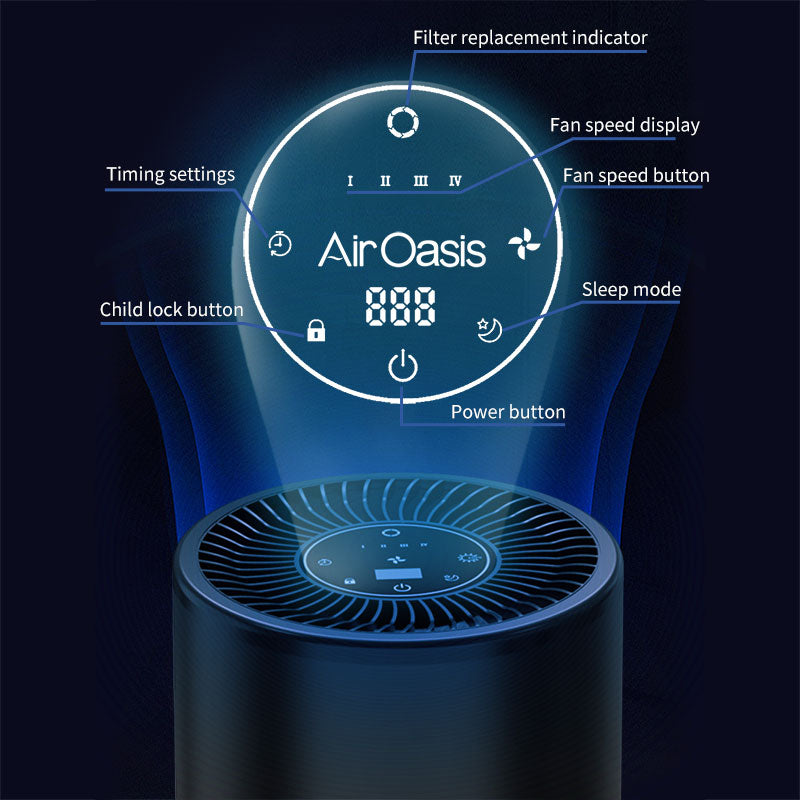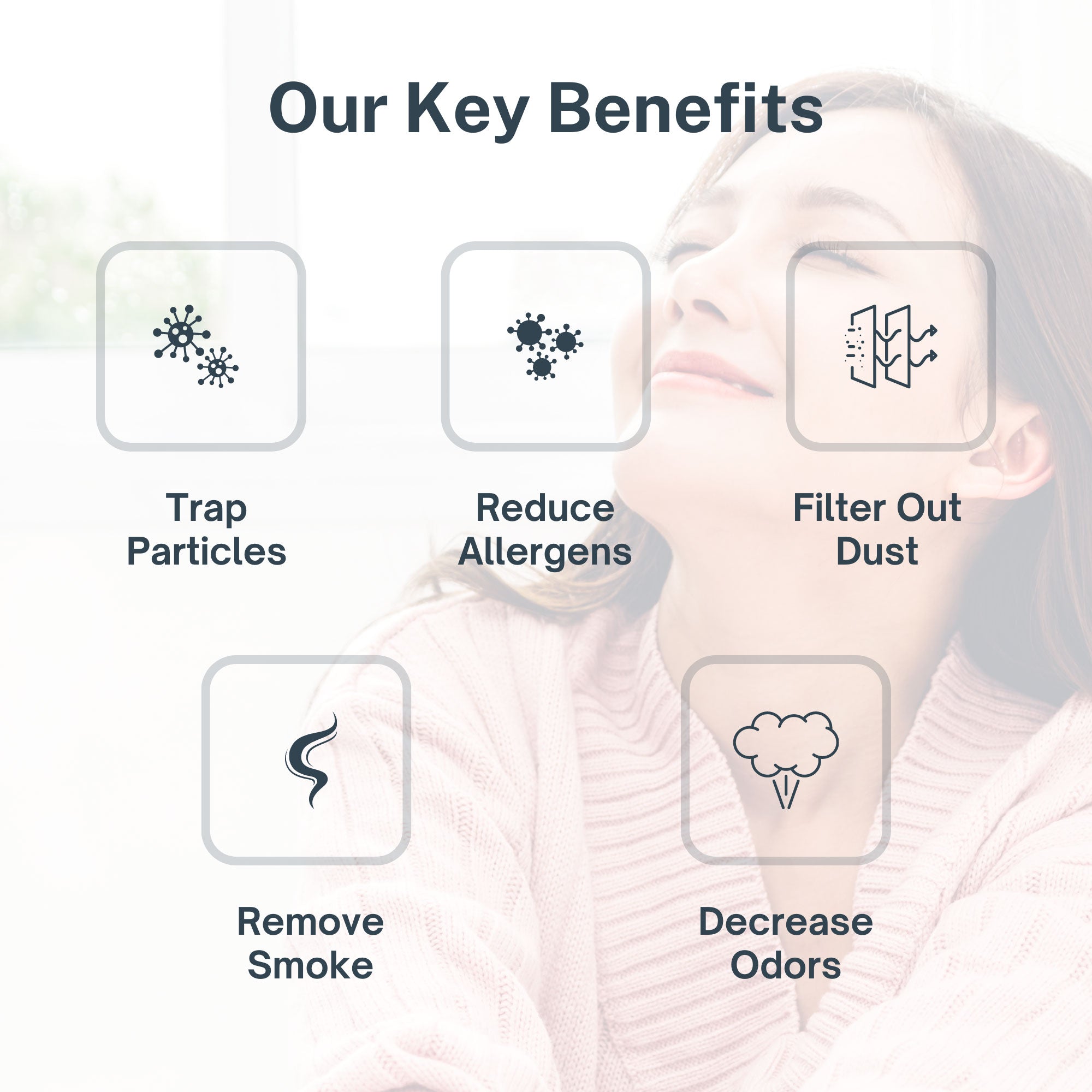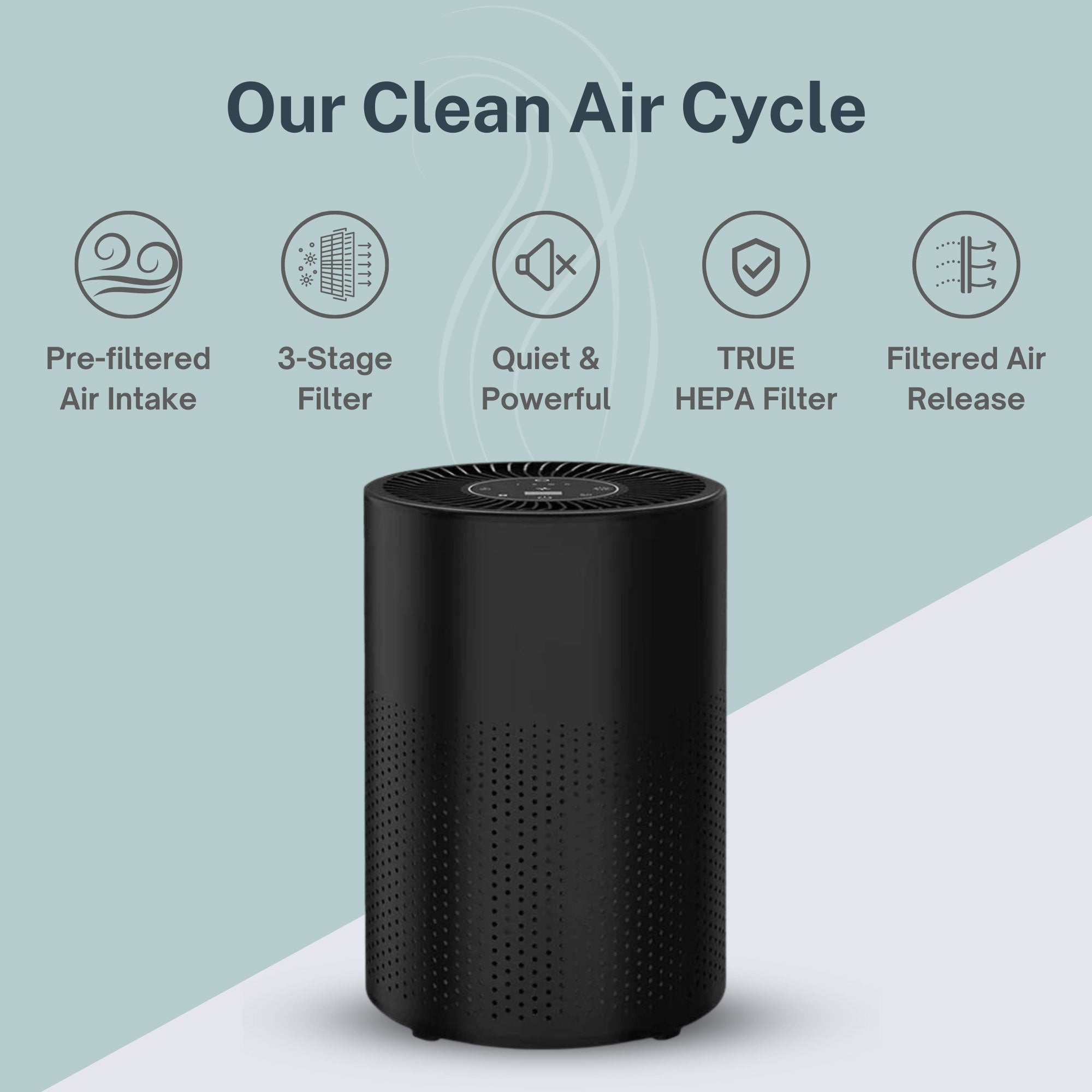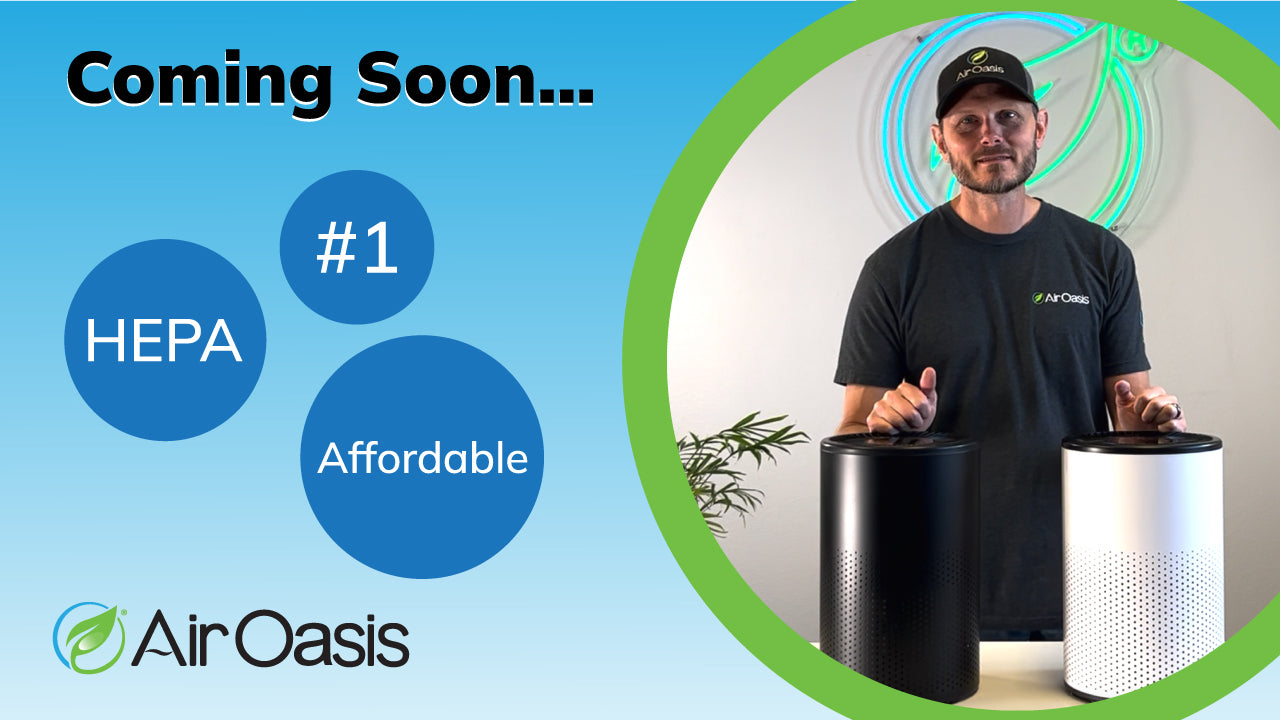In a world where clean air seems increasingly scarce, could the solution to one of our most pressing health threats be sitting in the produce section of your local grocery store? Groundbreaking research suggests that specific foods might hold the key to strengthening our body's defense against air pollution—an invisible killer that claims millions of lives annually. Let's explore how what's on your plate could help protect what's in your lungs.
The Silent Epidemic: Air Pollution's Deadly Toll
Before we dive into solutions, it's important to understand the gravity of the problem. Outdoor air pollution currently ranks as the 9th leading cause of death and disability worldwide, responsible for millions of deaths from lung cancer, emphysema, heart disease, stroke, and respiratory infections.
The statistics are sobering. Research shows that simply living in a polluted city compared to a city with cleaner air is associated with:
- 16% increase in overall mortality
- 27% increase in cardiovascular death
- 28% increase in lung cancer death
- A staggering 75% increase in heart attack risk
As Dr. Greger notes in his research presentation, "No one wants to be living in a traffic jam, but it's better than dying in a traffic jam."
Beyond these fatal outcomes, air pollution also triggers or worsens numerous health conditions. It not only exacerbates existing asthma but increases the risk of developing asthma in the first place. These insidious pollutants have been linked to liver disease and even raise diabetes risk. Perhaps most concerning is that these harmful effects occur even when pollution levels remain within legally established limits.
Your Body's Built-In Defense System
The human body isn't defenseless against environmental toxins. We naturally produce detoxifying enzymes, not only in our liver but also lining our airways. These specialized proteins actively combat the inflammation caused by airborne pollutants.
Research shows that individuals born with less effective versions of these enzymes experience exaggerated allergic responses to pollutants like diesel exhaust. This genetic variation affects a significant portion of the population, making some people more vulnerable to air pollution's effects than others.
But here's the encouraging news: regardless of your genetic makeup, certain foods can dramatically boost the activity of whatever detoxification enzymes you do have. This is where cruciferous vegetables enter the picture as potential heroes in our battle against pollution.
The Broccoli Effect: Nature's Pollution Shield
Cruciferous vegetables—particularly broccoli and its sprouts—contain compounds that can dramatically enhance our body's natural detoxification mechanisms. These sulfur-rich vegetables contain sulforaphane, which research shows is "the most potent known inducer of our detox enzymes."
In one remarkable study, researchers tested broccoli's anti-inflammatory powers by having smokers consume a large stalk of broccoli daily for just 10 days. The results were impressive: these individuals reduced their levels of C-reactive protein (a marker of inflammation) by nearly half. For context, smoking is so inflammatory that elevated CRP levels can persist for up to 30 years after quitting.
But what about air pollution specifically? Researchers put this to the test in several innovative studies:
- In laboratory experiments with human lung lining cells, applying broccoli extract dramatically increased the production of detoxification enzymes.
- When people consumed broccoli sprouts for just two days, cells taken from their nasal passages showed up to 100 times greater detox enzyme expression compared to eating non-cruciferous vegetables like alfalfa sprouts.
- In perhaps the most compelling experiment, researchers exposed subjects to diesel exhaust equivalent to rush hour exposure on a Los Angeles freeway. While the control group experienced rapidly increasing inflammation in their nasal passages, the group that had been consuming broccoli sprout extract showed decreasing inflammation that remained suppressed.
The protective effects extend beyond pollution. When researchers dripped influenza viruses into the nostrils of broccoli sprout eaters, they discovered "the best of both worlds": less inflammation combined with an improved immune response against the virus. This suggests cruciferous vegetables offer a unique dual benefit of reducing harmful inflammatory responses while enhancing beneficial immune functions.
Real-World Protection: The China Study
To test these protective effects in a real-world setting with severe pollution, researchers conducted a study in China, which struggles with some of the worst air quality globally. The results were remarkable: by day one, participants consuming broccoli sprouts were able to eliminate 60% more benzene (a known human carcinogen) from their bodies compared to controls.
This represents "a rapid, highly durable elevation in the detoxification of a known human carcinogen," suggesting that regular consumption of cruciferous vegetables could provide a practical, affordable way to reduce the long-term health risks associated with air pollution exposure.
It's worth noting that this particular study used broccoli sprouts, which are highly concentrated sources of protective compounds—equivalent to about 5 cups of broccoli daily. While we don't yet know how well more modest doses work, the evidence suggests that incorporating even regular amounts of cruciferous vegetables into your diet could offer significant protection.
Beyond Broccoli: Your Cruciferous Arsenal
While broccoli has been the focus of much research due to its high sulforaphane content, the entire family of cruciferous vegetables offers similar protective benefits. These powerful plants include:
- Arugula
- Brussels sprouts
- Cabbage
- Cauliflower
- Kale
- Radishes
- Turnips
- Watercress
- Bok choy
- Collard greens
- Horseradish
- Mustard greens
The research suggests that consuming more than two cups of these vegetables daily is associated with a 20% reduced risk of dying compared to eating a third of a cup or less per day. This protective effect likely stems from both their ability to boost detoxification enzymes and their overall anti-inflammatory properties.
Practical Steps for Pollution Protection
While public policy changes are essential for addressing air pollution at its source, dietary interventions offer an immediate way to protect yourself while waiting for broader societal changes. Here are practical steps you can take:
- Aim for two cups or more of cruciferous vegetables daily. This can be achieved through a large salad containing kale or arugula, a side of broccoli or Brussels sprouts with dinner, or adding cabbage to soups and stir-fries.
- Consider broccoli sprouts for maximum benefit. These young sprouts contain up to 100 times the protective compounds found in mature broccoli. They can be grown at home or purchased at many health food stores.
- Prepare cruciferous vegetables properly to maximize beneficial compounds. Light steaming (rather than boiling or microwaving) helps preserve the sulforaphane content while improving digestibility.
- Combine with other anti-inflammatory foods such as berries, fatty fish, olive oil, and turmeric to create a comprehensive dietary defense against pollution.
- Stay consistent with your cruciferous consumption. The studies suggest that regular intake provides the most significant protective benefits.
Creating a Clean Air Strategy
While diet plays a crucial role in protecting against air pollution, it works best as part of a comprehensive approach. Consider combining your cruciferous vegetable intake with these additional protective measures:
- Invest in high-quality air purifiers for your home, particularly in bedrooms where you spend approximately one-third of your life.
- Monitor local air quality and limit outdoor activity during high pollution days.
- Create green spaces in and around your home with air-filtering houseplants that can help improve indoor air quality.
- Support clean air policies in your community, including better public transportation, emission regulations, and green infrastructure.
The Future of Food as Medicine
The research on cruciferous vegetables and air pollution represents an exciting frontier in nutritional science—the idea that specific foods can help our bodies adapt to environmental challenges. As air pollution continues to affect billions worldwide, dietary interventions offer an accessible, affordable strategy for protection.
This approach embodies the concept of "food as medicine" in its most literal sense. Rather than solely treating the symptoms of pollution exposure after they develop, cruciferous vegetables appear to strengthen our body's natural defenses against these harmful substances from the start.
While larger systemic changes remain essential for addressing air pollution at its source, the humble broccoli plant and its cruciferous cousins offer a ray of hope—and a practical way to protect yourself and your family in the meantime.
As the research demonstrates, these vegetables provide "a frugal means to attenuate the long-term health risks of air pollution." In a world where clean air can no longer be taken for granted, that's something worth putting on your plate.
Shop Air Oasis today to complement your healthy diet with advanced air purification technology, creating the cleanest possible environment for you and your family.




